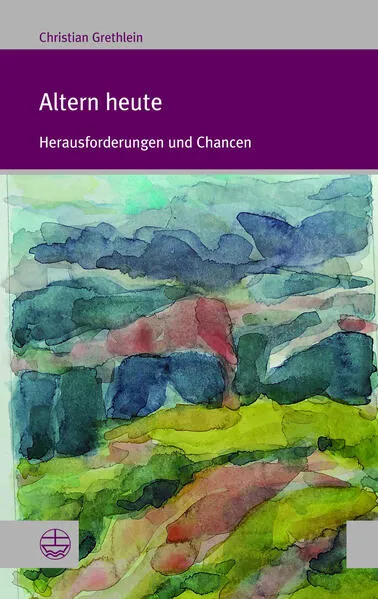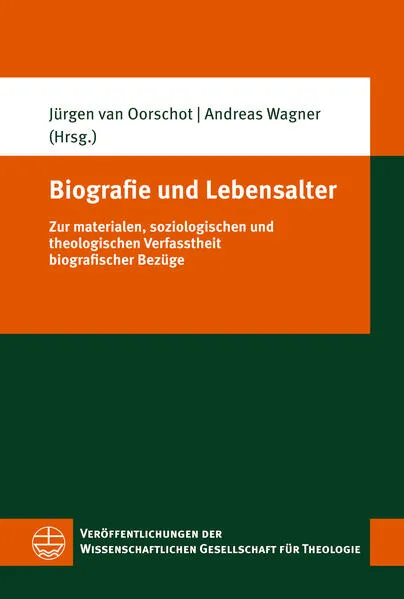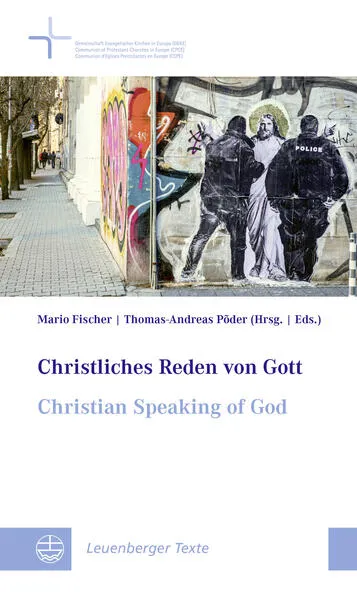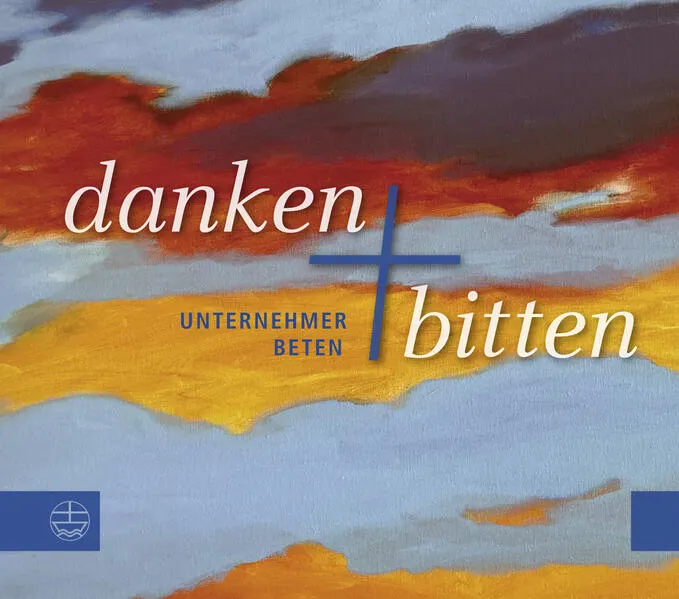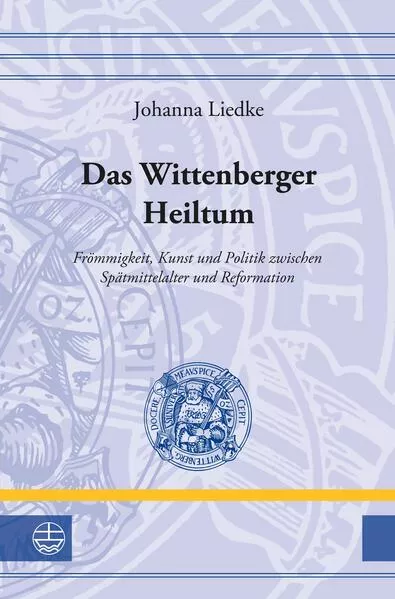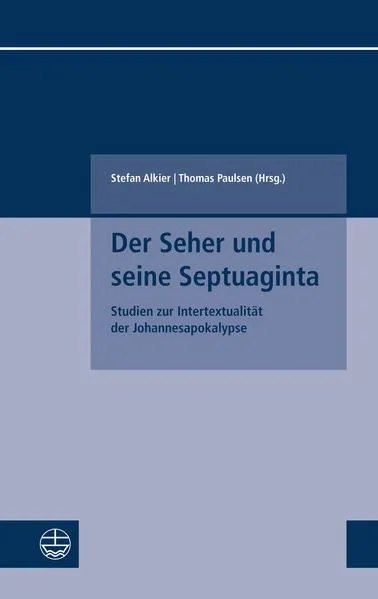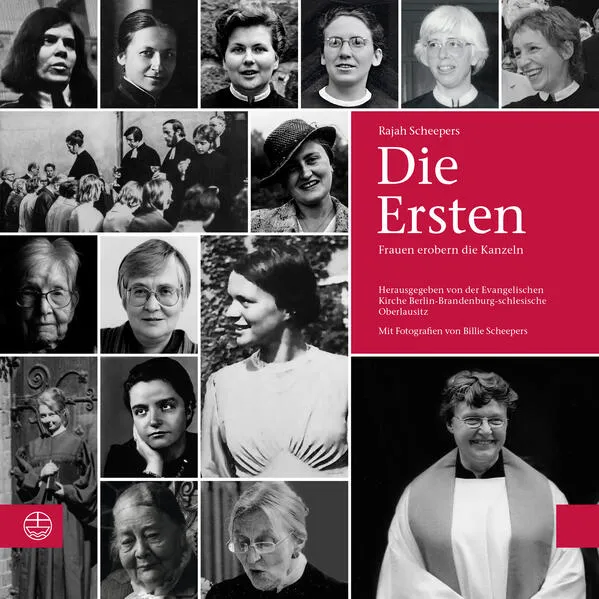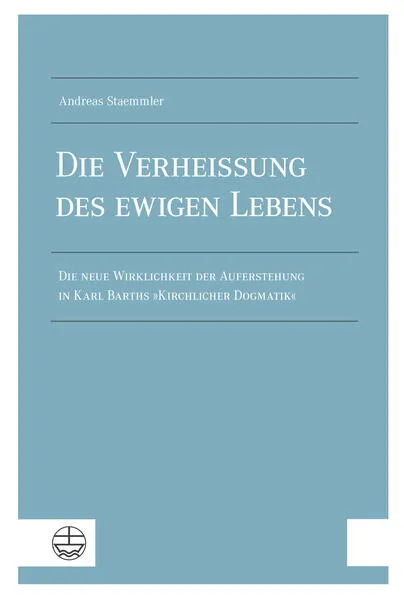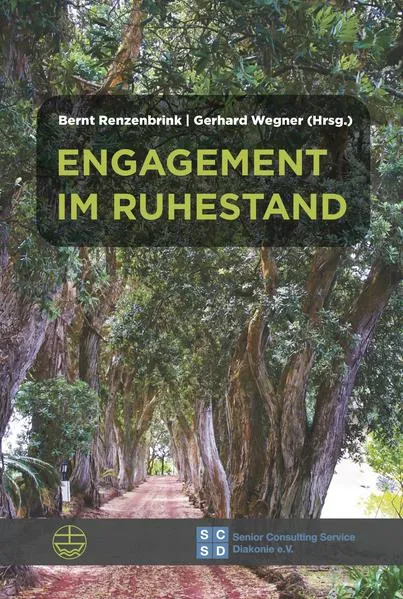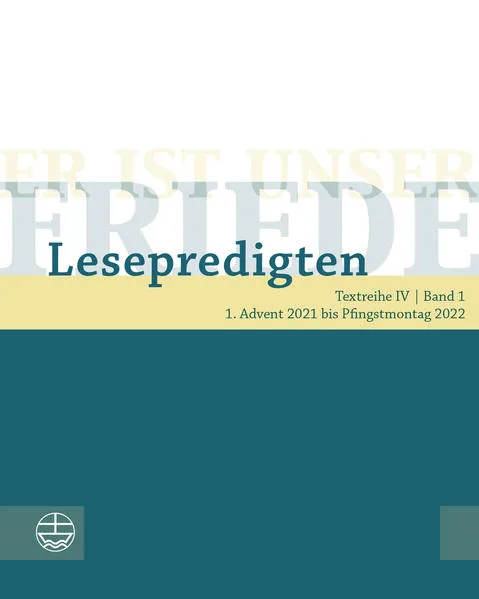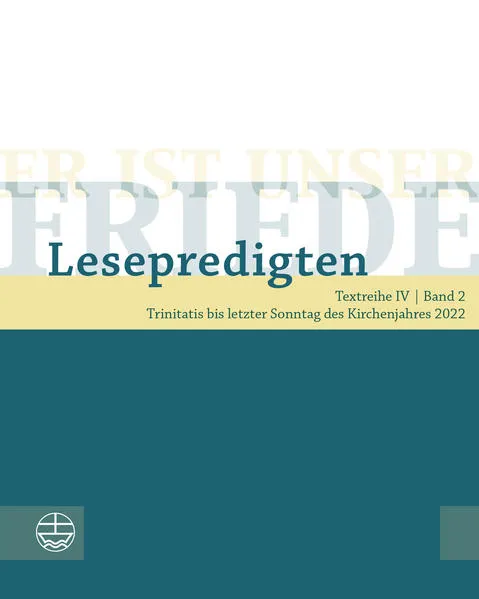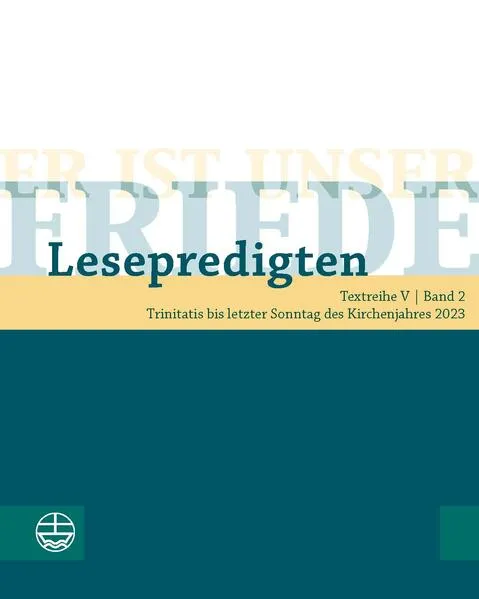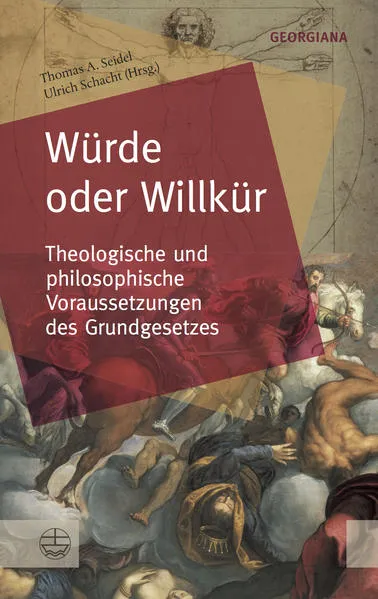
Thomas A. Seidel
Würde oder Willkür
- Theologische und philosophische Voraussetzungen des Grundgesetzes
ISBN: 978-3-374-05609-5
280 Seiten | € 15.99
E-Book [Kindle]
Dieses Buch gehört zur Reihe GEORGIANA und enthält ca. 2 Folgen.
Erscheinungsdatum:
00.11.2019
Sonstiges
Thomas A. Seidel
Würde oder Willkür
Theologische und philosophische Voraussetzungen des Grundgesetzes
Das Grundgesetz, die Verfassung des wiedervereinigten Deutschlands, wurzelt nicht in der Unbestimmtheit von Moderne und Säkularisierung. Es schöpft aus der entscheidenden Quelle des christlichen Abendlandes: dem biblisch bezeugten Gott und den sich daraus für die Gestaltung der zwischenmenschlichen Beziehungen in Staat und Gesellschaft ergebenden normativen Konsequenzen. Von daher ist es kein Zufall, dass der entscheidende sittlich-moralische Referenzpunkt am Beginn der Präambel nicht der Mensch ist, sondern Gott.
Dieser erste Satz variiert jenen Maßstab christlich grundierter Staatsformen und Gesellschaftsstrukturen, demzufolge der Mensch und Bürger sich im entscheidenden Moment, vor allem in Abwehr totalitärer Versuchungen, auf Gott und die fundamentale Weisheit der Bibel einlassen und verlassen kann. Im Zeitalter eines Säkularismus jedoch, der sich der totalen Dynamik von technischem Fortschritt und ökonomischer Globalisierung als Antriebsmittel und Endzeitperspektive gleichermaßen instrumentell bedient, ist der christliche Gottesbezug im Grundgesetz rechtsphilosophisch eine immer rabiater bestrittene, handlungspolitisch immer häufiger überlesene und multikulturell immer radikaler infrage gestellte Prämisse. Dem soll und muss widersprochen werden.
Mit Beiträgen von Udo Di Fabio, Thibaut de Champris, Wilfried Härle, Benjamin Hasselhorn, Heinrich Oberreuter, Friedemann Richert, Thomas A. Seidel, Ulrich Schacht +, Barbara Wenz sowie einem Grußwort von Hildigund Neubert und einem Nachruf auf Ulrich Schacht von Sebastian Kleinschmidt.
[Dignity and Arbitrariness. Theological and Philosophical Premises of the Basic Law]
The Basic Law, the constitution of reunited Germany, has its roots not in the indeterminacy of modernity and secularization. Instead, it draws from the decisive source of the Christian West: God as testified in the scriptures and the resulting normative framework for the design of interpersonal relationships in society and state. Therefore, it is no coincidence that at the beginning of the preamble the decisive ethical reference point is not mankind but God. This initial sentence refers to the criterion of any form of government or social structure that is basing itself on Christianity according to which human beings and citizens can rely in critical moments on God and the fundamental wisdom of the Bible. But in the age of secularism the Christian reference to God in the Basic Law has been increasingly challenged by philosophy of law, is often ignored by politics, and has become a multiculturally questioned premise. This has to be refuted.
Mit Beiträgen von Udo Di Fabio, Thibaut de Champris, Wilfried Härle, Benjamin Hasselhorn, Heinrich Oberreuter, Friedemann Richert, Thomas A. Seidel, Ulrich Schacht +, Barbara Wenz sowie einem Grußwort von Hildigund Neubert und einem Nachruf auf Ulrich Schacht von Sebastian Kleinschmidt.
[Dignity and Arbitrariness. Theological and Philosophical Premises of the Basic Law]
The Basic Law, the constitution of reunited Germany, has its roots not in the indeterminacy of modernity and secularization. Instead, it draws from the decisive source of the Christian West: God as testified in the scriptures and the resulting normative framework for the design of interpersonal relationships in society and state. Therefore, it is no coincidence that at the beginning of the preamble the decisive ethical reference point is not mankind but God. This initial sentence refers to the criterion of any form of government or social structure that is basing itself on Christianity according to which human beings and citizens can rely in critical moments on God and the fundamental wisdom of the Bible. But in the age of secularism the Christian reference to God in the Basic Law has been increasingly challenged by philosophy of law, is often ignored by politics, and has become a multiculturally questioned premise. This has to be refuted.
Unterstütze den lokalen Buchhandel
Nutze die PLZ-Suche um einen Buchhändler in Deiner Nähe zu finden.
Bestelle dieses Buch im Internet
| Veröffentlichung: | 00.11.2019 |
| Seiten | 280 |
| Art des Mediums | E-Book [Kindle] |
| Preis DE | EUR 15.99 |
| Preis AT | EUR 15.99 |
| Auflage | 1. Auflage |
| Reihe | GEORGIANA 3 |
| ISBN-13 | 978-3-374-05609-5 |
| ISBN-10 | 3374056091 |
Über den Autor
Thomas A. Seidel, Dr. theol., Jahrgang 1958, studierte nach einer Ausbildung zum Elektromonteur Evangelische Theologie in Leipzig;, wo er auch promoviert wurde. Er ist ev. Pfarrer, war bis 2005 Direktor der Ev. Akademie Thüringen und ist derzeit der Beauftragte der Thüringer Landesregierung zur Vorbereitung des Reformationsjubiläums „Luther 2017“. Seidel ist Vorsitzender der Gesellschaft für Thüringische Kirchengeschichte e.V. und geschäftsführender Vorsitzender der Internationalen Martin Luther Stiftung.Diesen Artikel teilen
0 Kommentar zu diesem Buch
.... weitere Publikationen von Evangelische Verlagsanstalt
Leserunde
Okkultes Historiendrama über den bedeutendsten Geheimkult der Antike - Spannung, Archäologie, Liebe und Mystery
Bewerbungsfrist bis zum: 17.03.2026


